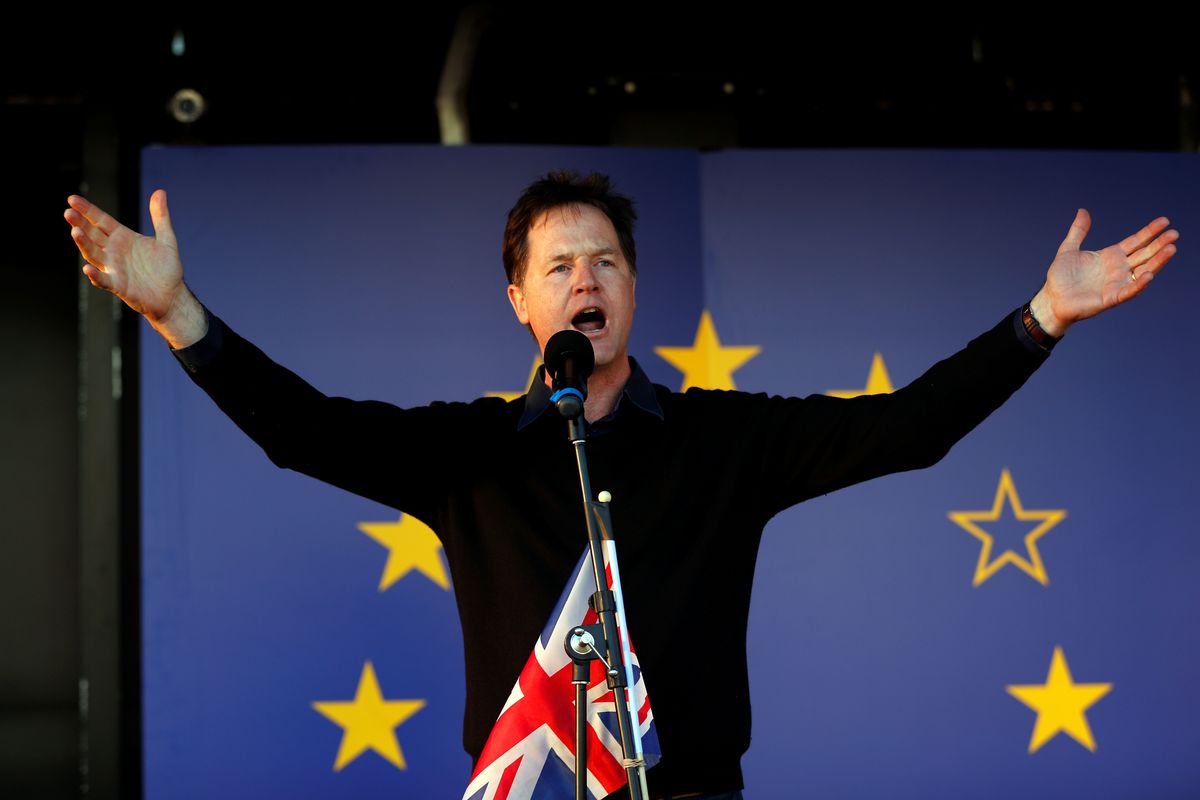Former UK Deputy Prime Minister Nick Clegg is moving to Silicon Valley to become Facebook’s new head of global policy and communications. With Facebook and its boss, Mark Zuckerberg, under fire over online privacy, fake news and state-backed misinformation, criticized in a UN report on genocide in Myanmar, and stung by a recent series of data breaches that could leave it open to big fines in Europe, appointing Clegg, a charismatic former politician with experience at the highest levels of global power is a no-brainer for the social network.
But here's a question for you: which position – UK deputy prime minister or Facebook head of global policy and communication – has more power?
- As the former No. 2 to David Cameron, Clegg had a front row seat in the administration of the world’s fifth-biggest economy, one of five countries in the world with a nuclear deterrent.
- As consiglieri to Facebook boss Mark Zuckerberg, Clegg will have the opportunity to shape the future of a virtual empire of more than 2 billion people. In today’s politically fragmented world, where national governments are struggling to find their footing, and digital power increasingly ranks alongside economic heft and military might as a source of strategic influence.
What do you think?

















